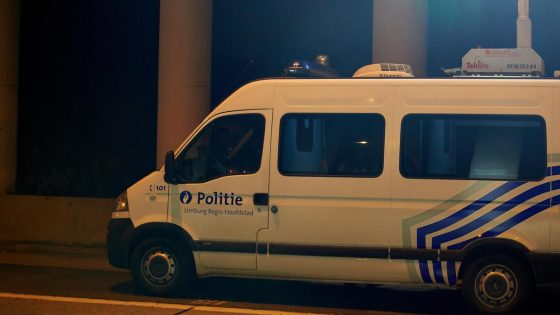Security concerns have recently surged in Belgium‘s social services sector, especially following the tragic murder of an OCMW worker in Ghent. Municipalities like Nieuwpoort are taking swift action to protect their employees by investing in new safety technology. As of 2025-08-26 09:39:00, this development highlights the urgent need for enhanced worker protection across the country.
- Nieuwpoort koopt smartwatches voor veiligheid
- OCMW-medewerkers krijgen traceerbare horloges
- Dood maatschappelijk werker verhoogt waakzaamheid
- OCMW-werk mag nooit gevaarlijk zijn
- Maatschappelijk werk vraagt meer dan hulp
- Antwerpen verhoogt alertheid na Gent-incident
The focus now is on how to ensure the safety of OCMW staff who often work in vulnerable and unpredictable environments. Nieuwpoort’s decision to equip social workers with smartwatches that allow real-time location tracking is a direct response to this growing challenge. But can technology alone guarantee their safety, or is a broader cultural shift required?
Exploring these questions sheds light on the evolving role of OCMW workers and the responsibilities of local authorities to safeguard them. This discussion naturally leads to the key takeaway for Belgian communities.
What does this mean for social workers and local governments? The move raises important points about workplace safety and support:
- Smartwatches offer immediate location tracking, enhancing emergency response.
- OCMW jobs should never be dangerous, yet frontline workers face real risks daily.
- Investment in technology must be paired with increased training and awareness.
- The community expects OCMW to provide more than financial aid, including physical safety and emotional support.
Looking ahead, Belgian authorities must continue to innovate and invest in comprehensive safety measures for OCMW employees. Will this spark nationwide reforms that make social work safer and more sustainable for all?

































